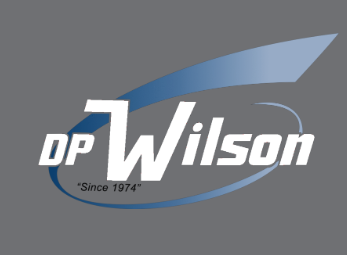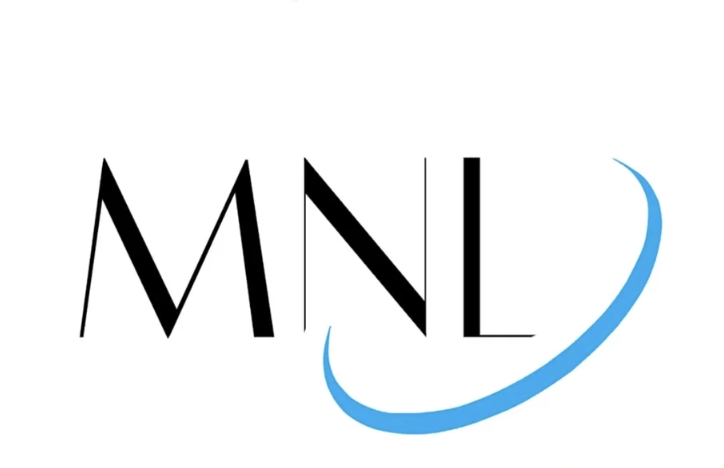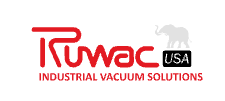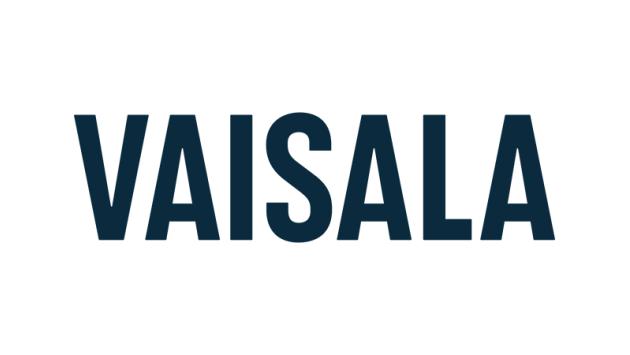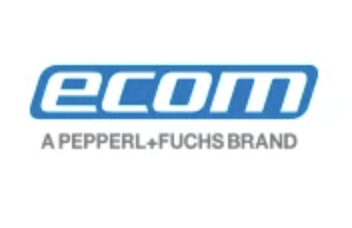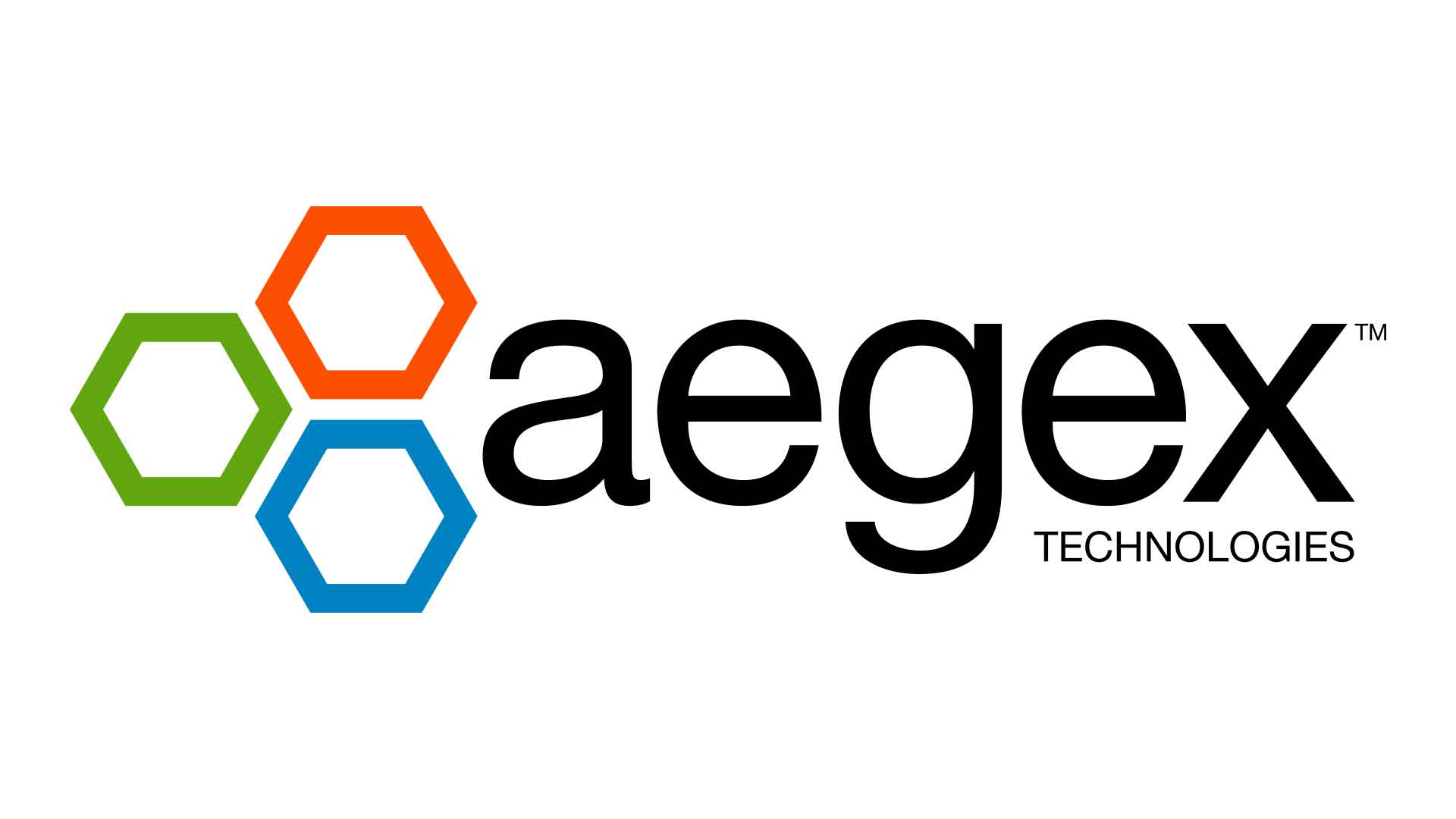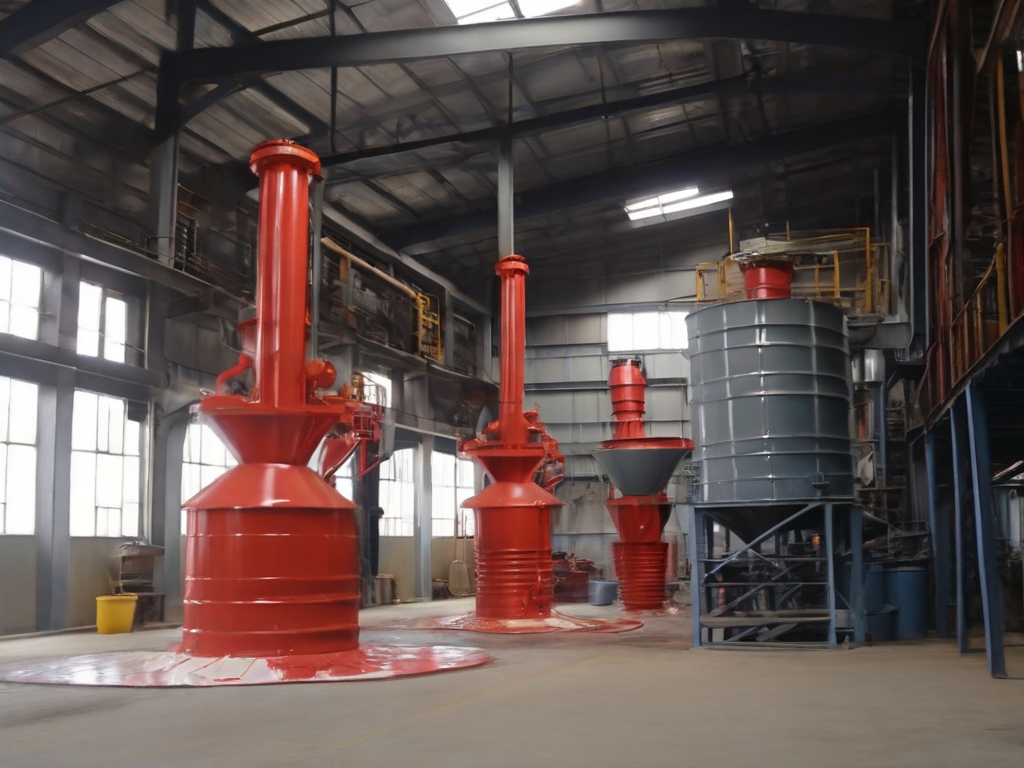As technology continues to evolve, so does the need for safety measures to protect both the devices and their users. This is particularly true in hazardous environments where the use of regular electronic devices can pose significant risks. This is where Intrinsically Safe Store comes in, offering a range of intrinsically safe (IS) devices and accessories, including iPhone cases, designed to meet the highest safety standards. In this article, we will delve into the legal and regulatory challenges associated with intrinsically safe iPhone cases and how to address them.
Understanding Intrinsically Safe iPhone Cases
Intrinsically safe iPhone cases are designed to limit the electrical and thermal energy available for ignition in hazardous areas, preventing explosions. They are essential in industries such as oil and gas, mining, and chemical processing, where the presence of flammable gases or dust is common.
Legal and Regulatory Challenges
While IS iPhone cases provide a critical safety solution, they also come with a set of legal and regulatory challenges. These include:
- Compliance with safety standards
- Product certification and testing
- Legal liabilities in case of failure
Compliance with Safety Standards
IS iPhone cases must comply with a variety of safety standards, such as those set by the International Electrotechnical Commission (IEC) and the European Union’s ATEX directive. These standards ensure that the cases can safely operate in hazardous environments without causing an explosion.
Product Certification and Testing
Before an IS iPhone case can be sold, it must undergo rigorous testing and certification by an accredited body. This process can be time-consuming and costly, posing a significant challenge for manufacturers.
Legal Liabilities
If an IS iPhone case fails to perform as expected, resulting in an explosion or other incident, the manufacturer could face legal liabilities. This risk underscores the importance of rigorous testing and compliance with safety standards.
Addressing the Challenges
Despite these challenges, there are ways to address them effectively:
- Investing in rigorous testing and certification
- Staying updated with changes in safety standards
- Implementing robust quality control measures
Investing in Rigorous Testing and Certification
Manufacturers must invest in rigorous testing and certification to ensure their IS iPhone cases meet the necessary safety standards. This not only helps to avoid legal liabilities but also builds trust with customers.
Staying Updated with Changes in Safety Standards
Safety standards can change over time, so it’s crucial for manufacturers to stay updated. This can help them to adapt their products accordingly and maintain compliance.
Implementing Robust Quality Control Measures
Implementing robust quality control measures can help to ensure the consistent performance of IS iPhone cases. This can involve regular product inspections and testing, as well as thorough documentation of the manufacturing process.
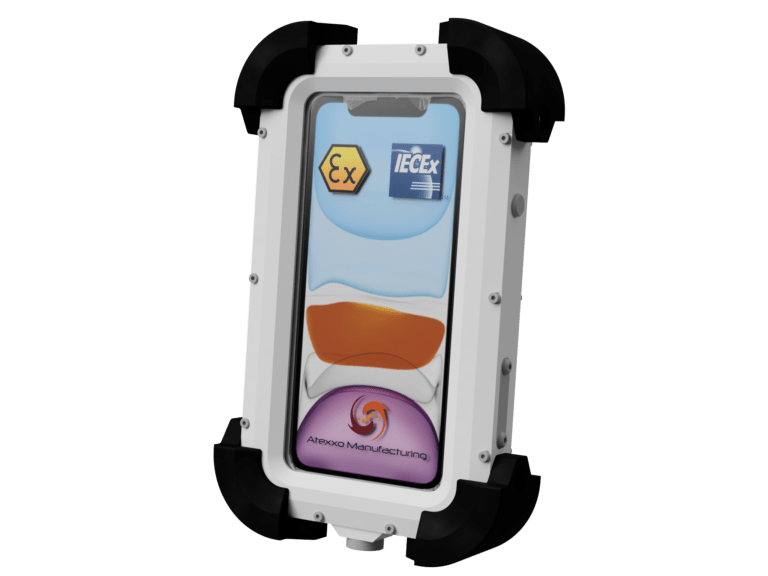
While the legal and regulatory challenges associated with intrinsically safe iPhone cases can be daunting, they are not insurmountable. By investing in rigorous testing and certification, staying updated with changes in safety standards, and implementing robust quality control measures, manufacturers can effectively address these challenges. At the Intrinsically Safe Store, we are committed to offering products that meet the highest safety standards. For more information, contact us today.






